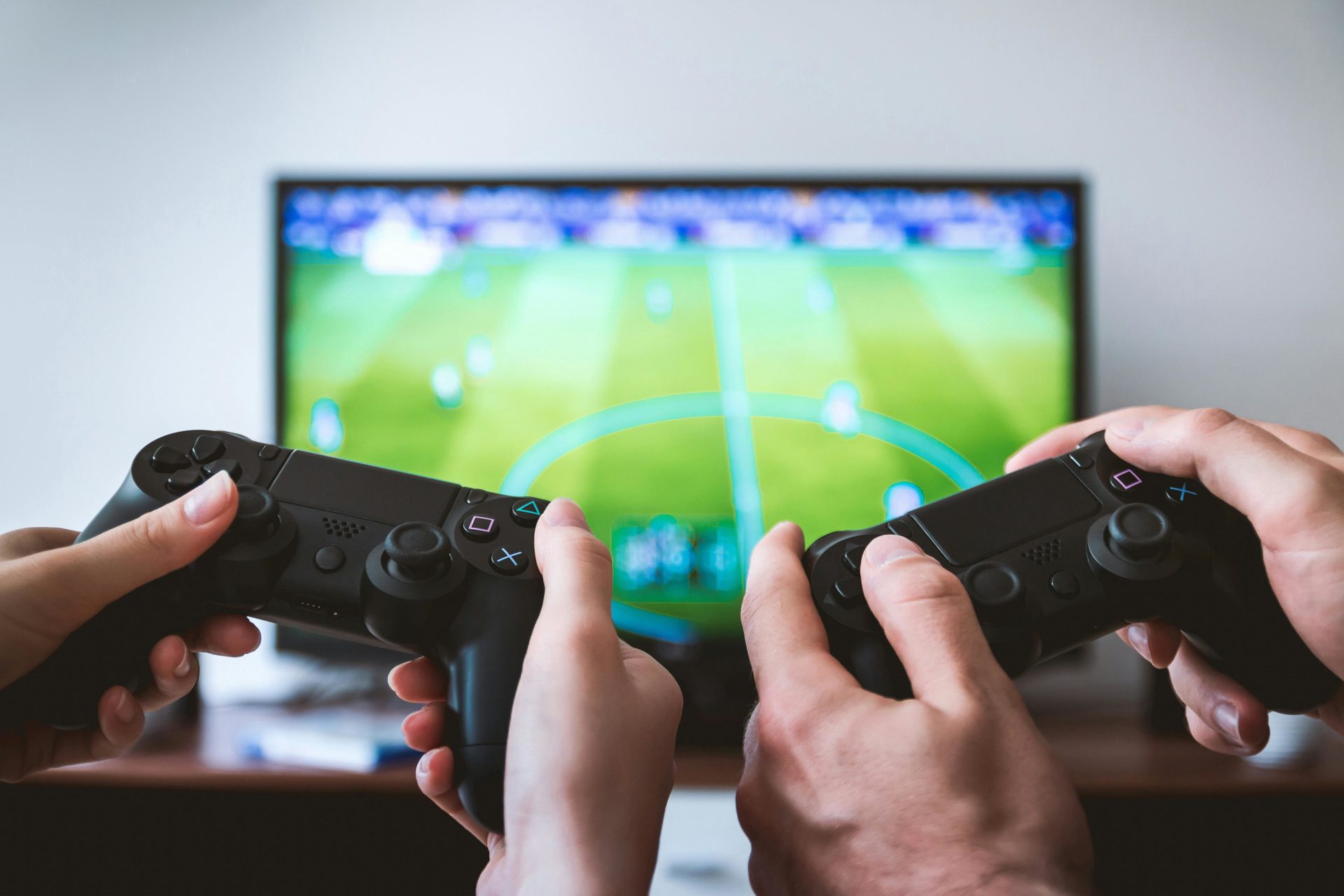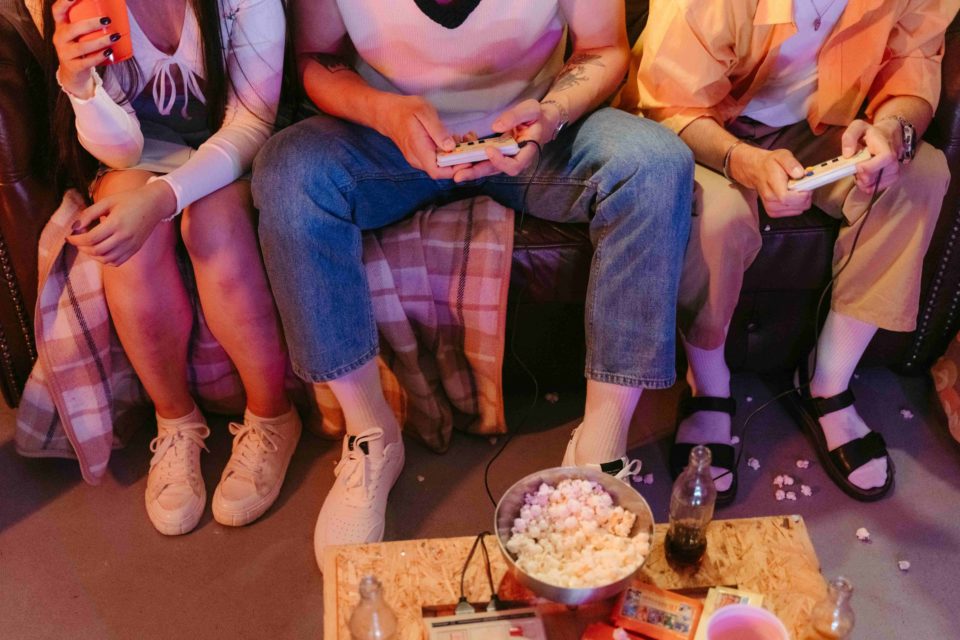
Video games have become an integral part of young people’s lives in Bosnia and Herzegovina. Children and teens do not see this in terms of addiction, but simply a way to fill their free time and connect with friends.
According to professionals, gaming in moderation isn’t problematic, especially when it comes to games are not excessively violent. However, problems arise when gaming takes up whole days or nights, causing young people to neglect schoolwork and other obligations and activities.
At Banja Luka’s Nikola Tesla School of Electrical Engineering, we spoke with students about playing video games. Those who play them, most of whom are males, consider gaming a way to relax and see no cause for concern.
“After school and chores, it’s like a vacation for us. Some people like movies, some sports. We like to play video games,” said one student, expressing the opinion of the majority of young gamers surveyed. They feel that playing video games is not an addiction but a way to fill free time.
They also reported playing video games with their friends, which adds an additional social element to the experience.
Some of the more popular games include FIFA, Rocket League, Minecraft, Euro Truck Simulator, and The Sims. These games encourage sportsmanship, creativity, logic, and the simulation of real life. Minecraft is particularly popular, and, as one student explained, involves “playing with cubes, where you can build anything you can imagine,” from houses to entire cities. Call of Duty, which contains elements of violence, is also popular, but students say they see it as a tactical and team game, not something that encourages aggression.
One to Three Hours of Gaming Per Day
Most students report spending between one and three hours per day playing video games, depending on their schoolwork load. Some spend more time gaming on weekends or during school breaks.
They typically download games online through platforms like Steam, Epic Games, Origin, or the PlayStation Store. While many games are free, some have to be purchased.
On platforms like Steam, players have an account where they can store games, add friends, play online, communicate with others, and track statistics. Some also use additional equipment such as gaming headsets, keyboards, and consoles.

Olga Čikić, a counselor at the Nikola Tesla School, confirms that playing video games in itself isn’t harmful, but balance is key.
“Video games are a good way to give the brain a break from school and everyday responsibilities. Playing for an hour or two a day can be a nice way to relieve stress,” said Čikić.
She explains that problems with gaming arise when it begins to be prioritized over school, social life, and other activities.
Conversations and Setting Boundaries
Parents play a key role in monitoring their children’s video game habits. Understanding games and setting clear boundaries can help keep gaming within healthy limits.
Snjezana Ciganović, a mother of a Nikola Tesla School student, explains how she monitors her son’s gaming: “The most important thing is to talk to kids and set boundaries.”
“In our house, there is an agreement – school and other responsibilities come first, and only then games. I don’t forbid them, but I keep track of how much time is spent and what games are played. Parents can’t be completely passive,” said Ciganović.
Not only are video games an indispensable form of entertainment for teens and young adults, the gaming industry is becoming a serious career path as well. Many young people in Bosnia and Herzegovina are turning to streaming, recording social media content, and even game development. The gaming industry is growing globally, and the potential of this sector is gaining recognition in Bosnia and Herzegovina. Influencers admired by young people play an important role in this, including Baka Prase, Nugato, Mudja, Dexter, Braco Gajić, and others.
Video games are an inevitable part of modern life, and their impact depends on how they are used. In moderation, they can be very fun and provide an opportunity for creativity, but it is important that they do not become an escape from reality.
_______________
This text was published with the financial support of the Embassy of Austria in BiH. The content is the sole responsibility of the author and does not necessarily reflect the views of the Embassy of Austria in BiH, Post-Conflict Research Center or Balkan Diskurs.






